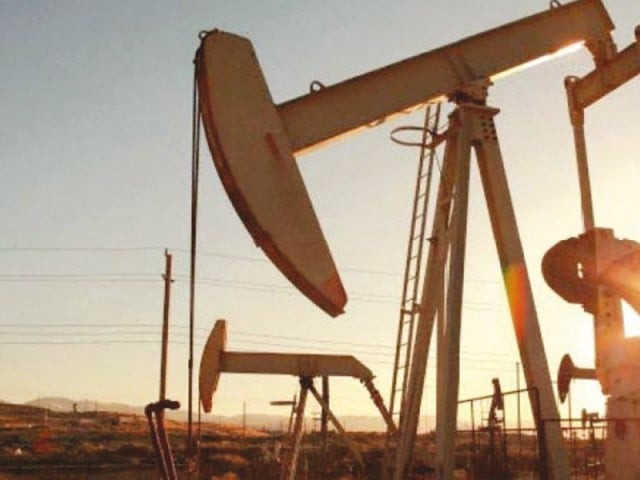Increase in oil prices — after-effects
Falling oil prices are not the sole cause of the falling inflation rate

Falling oil prices are not the sole cause of the falling inflation rate. PHOTO: FILE

The IMF programme is to be completed by the end of September and pressure would be felt on foreign exchange reserves given that exports are nowhere near where the country wants them to be. In such a scenario, an increasing pace of inflation and falling remittances could be the blow that might push Pakistan towards another bailout. But this is where analysts and experts differ in opinion. It was feared that falling oil prices would lead to spending cuts in the Gulf and the Middle East — where most remittances flow in from — and could lead to layoffs. Overseas Pakistanis, hence, it was feared, would not be able to send as much back as they used to. But almost two years after the oil glut began, remittances have not shown the kind of dreaded fall analysts predicted. Additionally, inflation has not picked up since the prices of commodities remain depressed. Falling oil prices are not the sole cause of the falling inflation rate. With exports yet to pick up, external factors are aiding Pakistan’s economy. The fear that one day these aids will be gone has given birth to a new set of worries. Maybe now is the time to focus on increasing exports and strengthening the economy without being dependent on factors beyond our control.
Published in The Express Tribune, April 18th, 2016.
Like Opinion & Editorial on Facebook, follow @ETOpEd on Twitter to receive all updates on all our daily pieces.















COMMENTS
Comments are moderated and generally will be posted if they are on-topic and not abusive.
For more information, please see our Comments FAQ